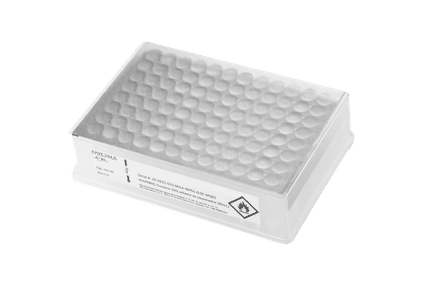To use all functions of this page, please activate cookies in your browser.
my.bionity.com
With an accout for my.bionity.com you can always see everything at a glance – and you can configure your own website and individual newsletter.
- My watch list
- My saved searches
- My saved topics
- My newsletter
Sensory gating
Product highlightWhen one stimulus is presented, there is a response. But when it is followed by a second stimulus soon after, the response to the second stimulus is blunted. This is an adaptive mechanism to prevent overstimulation. It helps to focus on a stimulus among a host of other distracing stimuli. The mechanism of sensory gating involves feed-forward and feed-back inhibition of the stimulus perceived. It involves GABA-ergic and α7 nicotinergic receptor-mediated inhibition of the pyramidal neurons in the cornu ammonis (CA3) region of the hippocampus. See alsoCategories: Neurobiology | Neurophysiology |
| This article is licensed under the GNU Free Documentation License. It uses material from the Wikipedia article "Sensory_gating". A list of authors is available in Wikipedia. |







